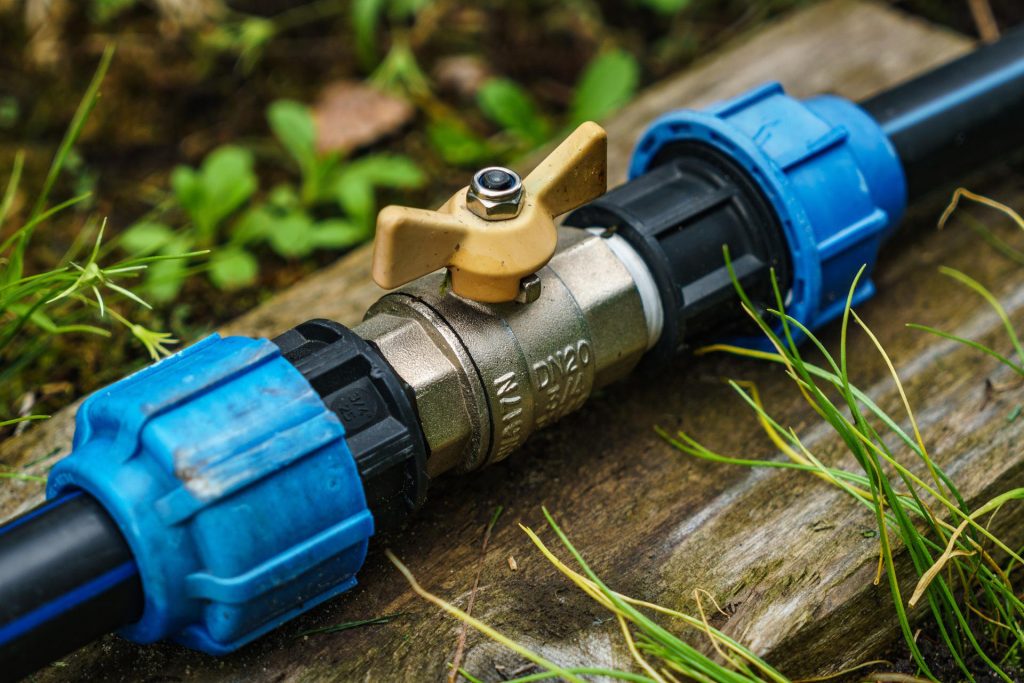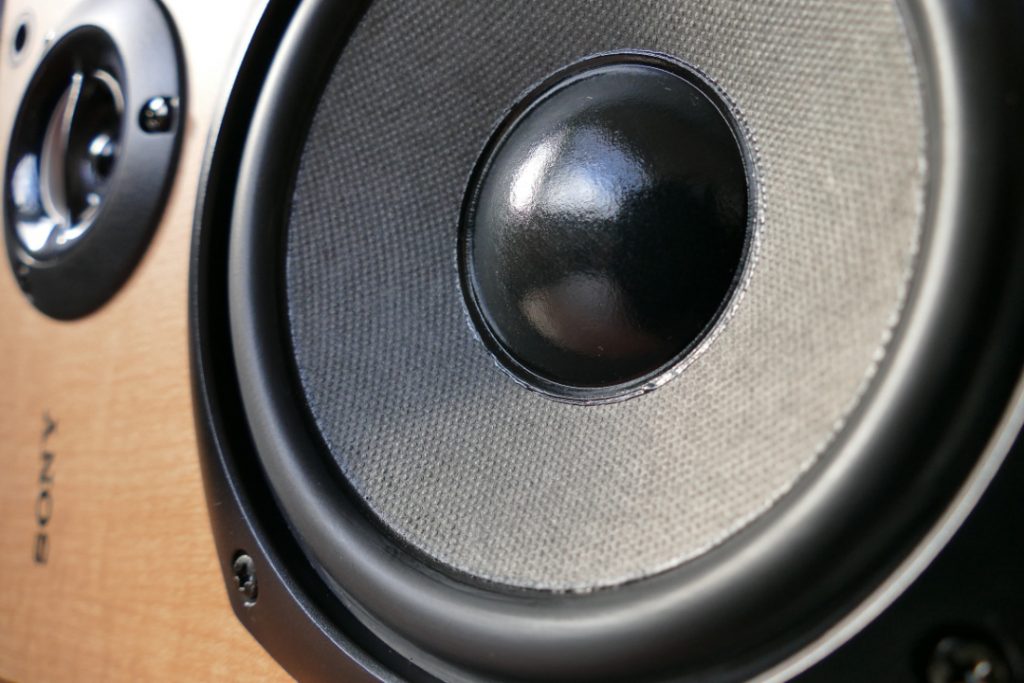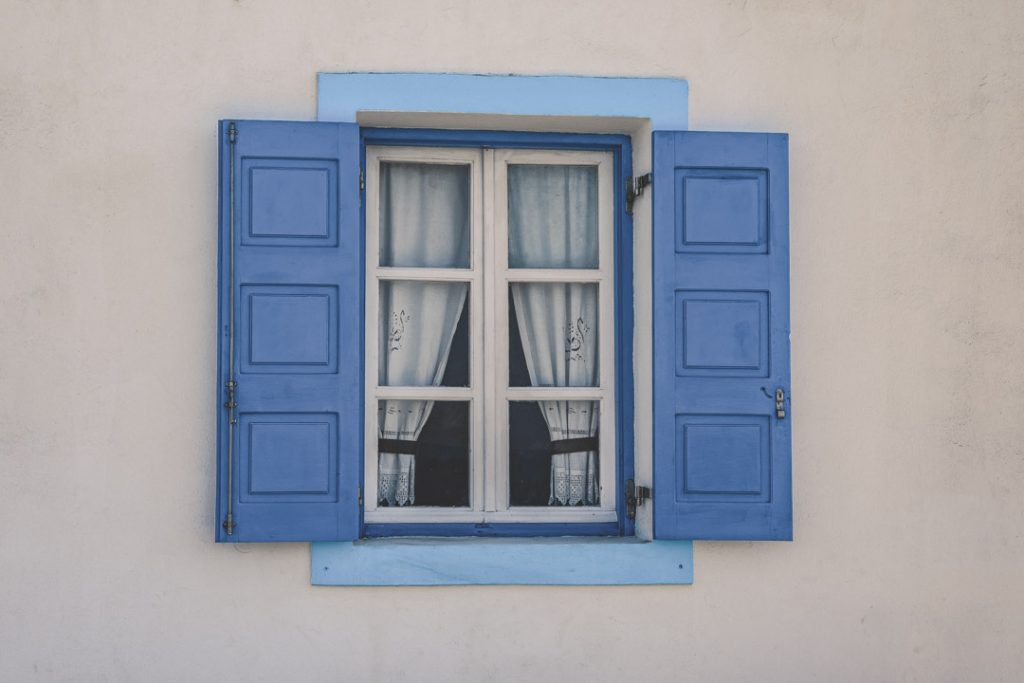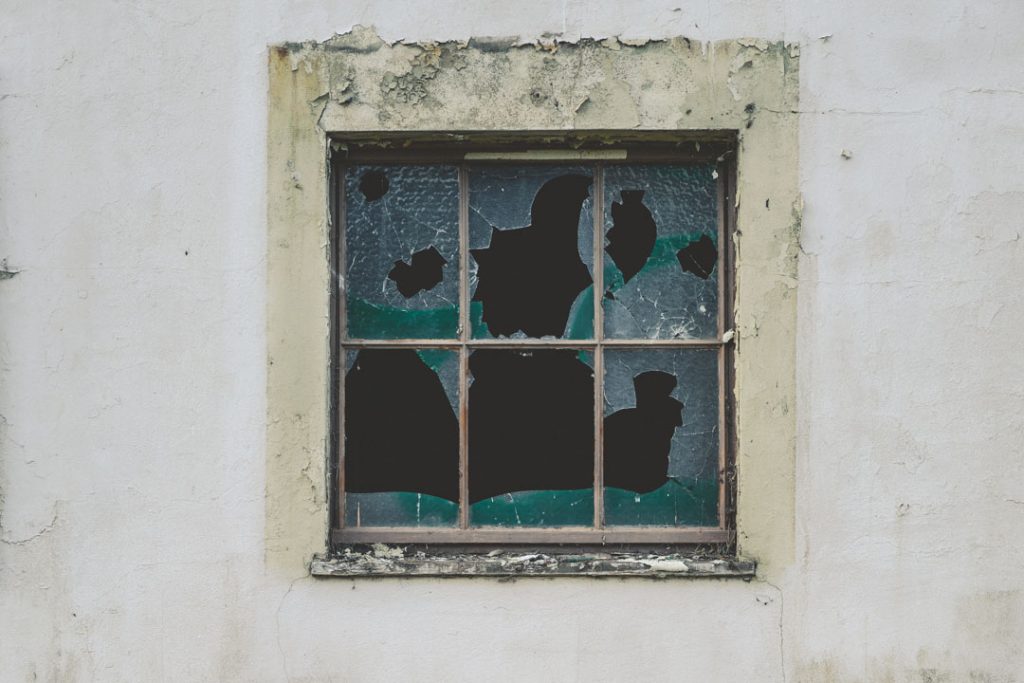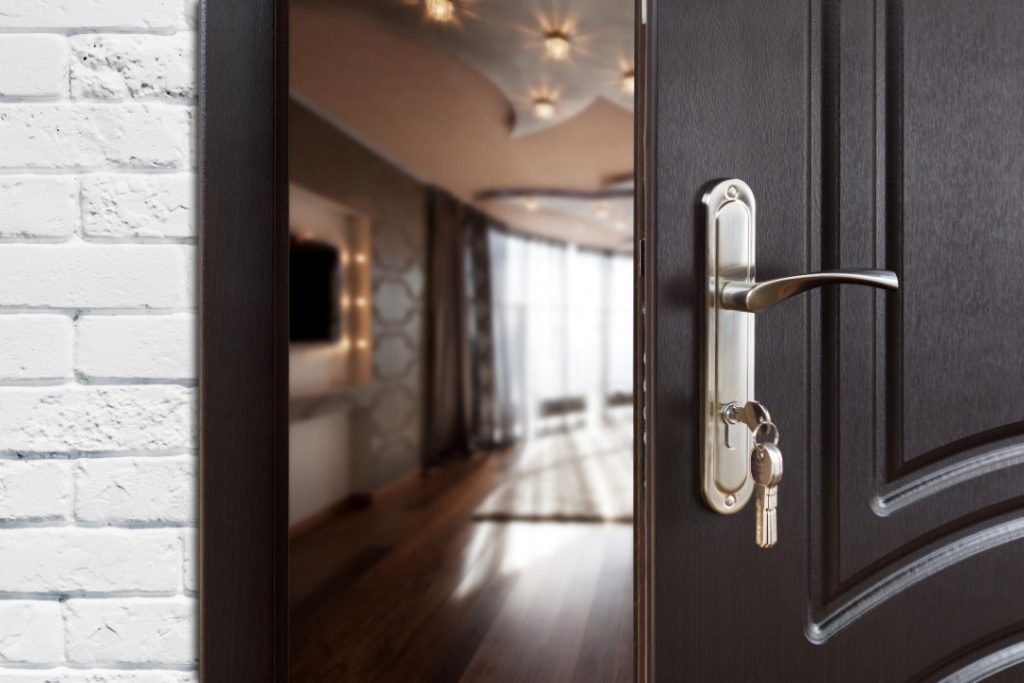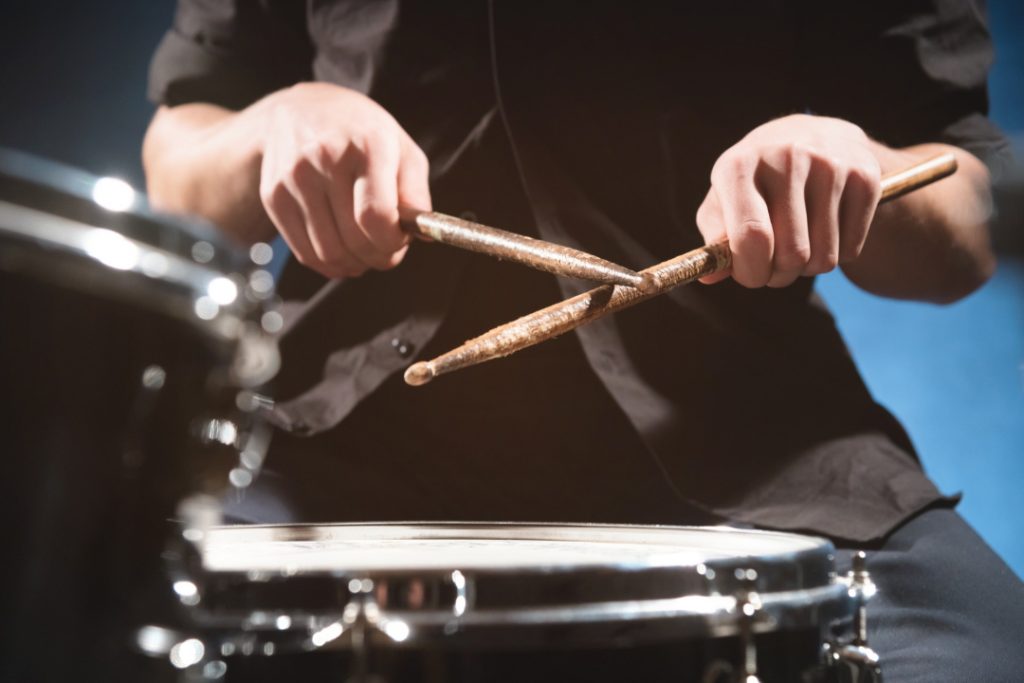Are you one of the many people who are constantly bothered by the sound of water pipes clanging and rattling in your home? If so, don’t worry – you’re not alone. In this blog post, we’ll share with you some tips on how to quiet noisy water pipes. So read on and hopefully, you’ll find the solution that works best for you!
What Is The Cause Of Noisy Water Pipes?
An investigator can’t solve a crime until they have understood the cause of the crime. In the same way, banging pipes can’t be solved until we know the cause. Here are common causes of noisy pipes.
Copper Pipes
This is a common material used for water pipes in homes. While copper is an excellent material for this purpose, it can also be a bit noisy. The reasons for this are twofold. First, copper is a good conductor of sound. This means that if there is any water flowing through the copper pipes, the sound will travel easily through the metal. Second, copper is a relatively soft metal. This means that it is more likely to vibrate than other materials like steel or iron. As a result, these pipes are more likely to transmit noise from the water flowing through them.
ALSO READ: How To Soundproof A Basement (5 Proven Ways)
Water Hammer
You know that sound. Clang, clang, CLANG! It’s a water hammer, and it’s the pipes’ way of saying “enough already!” Water hammer is caused by a sudden change in water pressure. This can happen when a valve is shut off too quickly or when water-using appliances like washing machines or dishwasher cycles on. It can also be due to bad air chambers. The water inside the pipes is forced to stop suddenly, and that creates a pressure wave. That wave travels through the pipes until it meets something that can stop it, like a pipe clamp or an elbow joint. When the wave hits that obstacle, it causes noise.
Loose Pipes
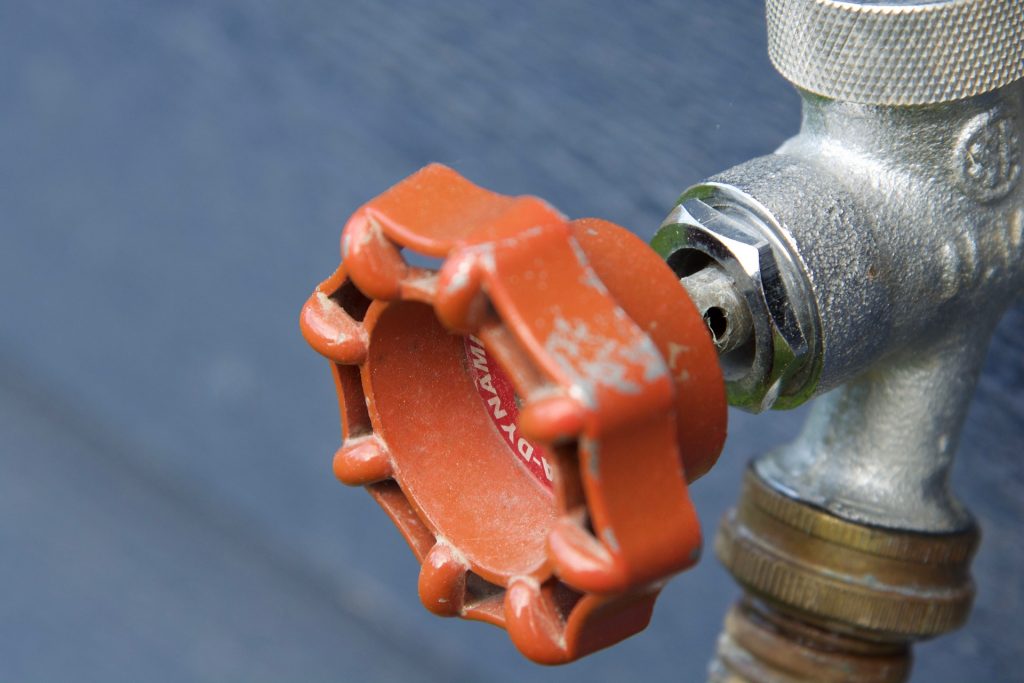
Almost everyone has had the experience of pipes that make noise when you turn on the water. This is usually caused by loose pipes, which can bang against the walls of your plumbing system when the water is turned on. While this may seem like a minor issue, it can actually be quite dangerous as loose pipes can cause serious damage to your home. If you have loose pipes, it’s important to have them fixed as soon as possible to avoid any further damage.
ALSO READ: How To Soundproof A Bathroom? (5 Easy Ways)
How To Reduce Noise In Water Pipes?
In the meantime, there are a few things you can do to minimize the noise.
Wrap Pipes
When water flows through pipes, it creates noise. This is because the water molecules collide with the walls of the pipe, causing vibrations. The larger the diameter of the pipe, the more noise it will create. Wrapping pipes can help to reduce noise in water pipes by absorbing these vibrations. There are a variety of materials that can be used for this purpose, including specially designed insulation wrap and even old towels or rags. The wrap should be applied snugly around the pipe, and it should be secured in place with tape or another type of fastener. In some cases, it may also be necessary to add additional support to the pipe to reduce vibration. Wrapping pipes is a simple and effective way to reduce noise in water pipes.
Fill Wall Cavity
Many people don’t realize that one of the best ways to reduce noise in water pipes is to fill the wall cavity around the pipes. The fill material helps to dampen vibrations and prevent them from traveling through the walls. This can be especially useful for people who live in apartments or condos, where noise can easily travel between units. There are a few different materials that can be used for fill, including fiberglass insulation, pipe insulating foam, vermiculite, and perlite. The type of fill material you use will depend on the size and shape of the cavity, as well as your budget. But regardless of which material you choose, filling the wall cavity is a simple and effective way to reduce noise in water pipes.
ALSO READ: How To Stop Shoes From Squeaking On Linoleum (5 Ways)
Combating Water Hammers
Fortunately, there are several ways to combat water hammers and reduce the noise they cause. one way is to install water hammer arrestors. these devices are installed in line with the water pipe and help to absorb the shock of pressure changes, preventing the noise from propagating through the pipe. another way to reduce water hammer noise is to add additional supports to the water pipes. this helps to dampen the vibrations and reduce the amount of noise that is transmitted through the pipe. Finally, water softeners can also help to reduce water hammer noise by reducing the hardness of the water in the pipes. By taking these steps, you can help to reduce the noise caused by water hammers and enjoy a quieter home.
Adjusting High Water Pressure
high water pressure can be a tricky thing. On the one hand, you want enough pressure to power your appliances and shower with ease. On the other hand, high water pressure can be noisy and cause your pipes to vibrate. If you’re looking to reduce the noise in your water pipes, there are a few things you can do. First, check your main water valve. If it’s turned too high, that could be the culprit. Second, try installing a water pressure regulator. This will help to keep the pressure at a consistent level, which should reduce the noise. If your water supply lines don’t come with a water valve, you can install a water pressure gauge to get the amount of pressure in the pipes.
Tighten Loose Mounting Straps
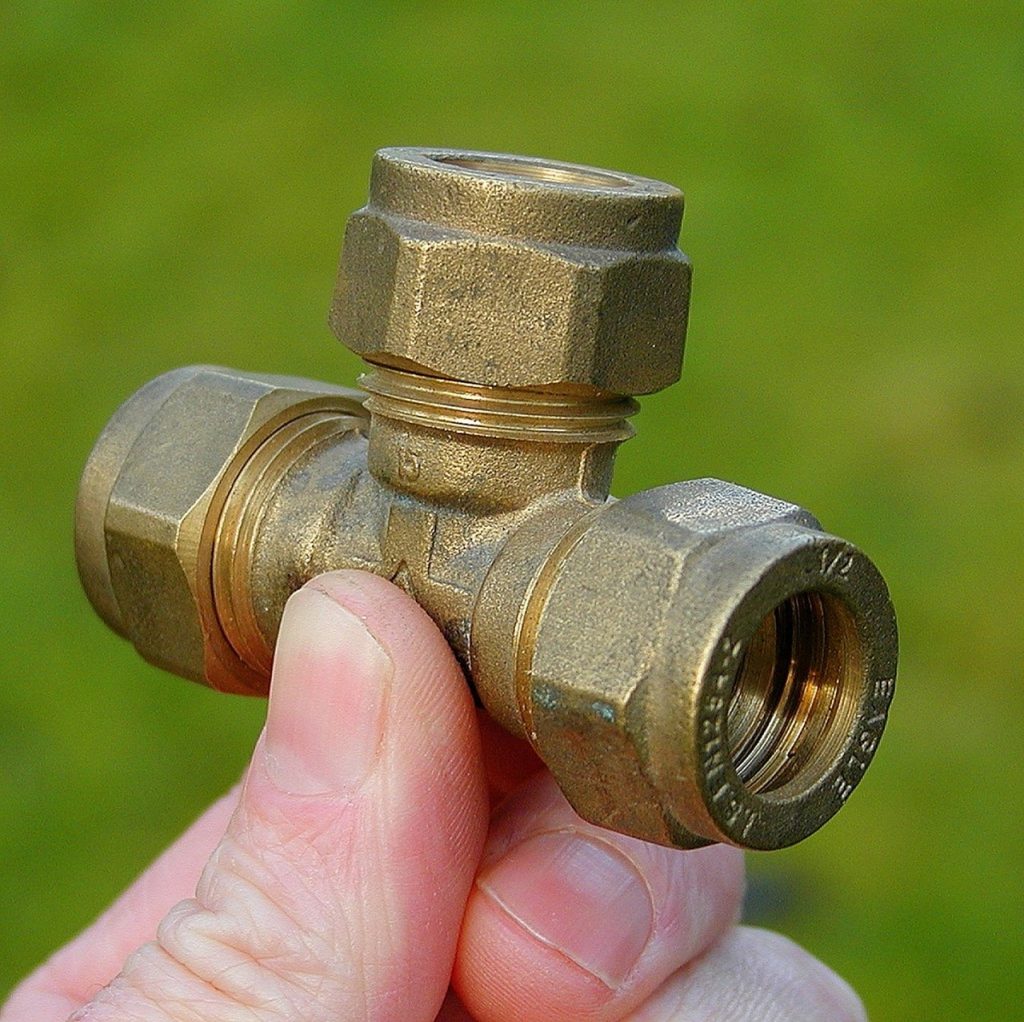
loose mounting straps are a common issue that can lead to water pipes making noise. There are a few ways to tighten loose mounting straps to reduce the noise. The first way is to use a screwdriver or drill to tighten the loose screws. Another way is to use pliers to grip the loose strap and pull it tight. If the loose strap is located near a joint, you can use a hammer to tap it back into place. Once the loose strap is tightened, you should hear a reduction in the noise coming from your water pipes.
With these steps, you should be able to arrest the squeaky pipes that are giving you a headache. If these tips do not solve the problem, it might be time to call a plumber to handle it as a professional.
ALSO READ: Soundproof Your Car: How to Reduce Road Noise in a Car

